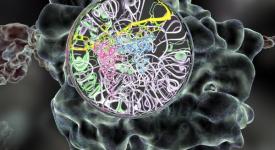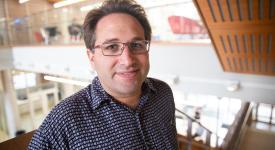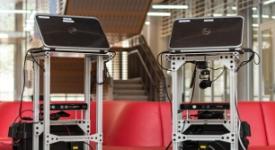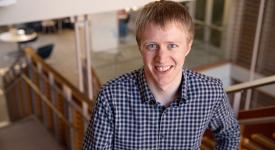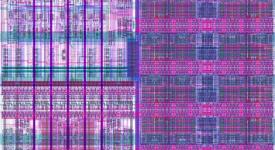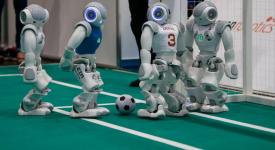UT Programming Team Claims Victory at ICPC World Finals
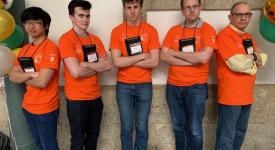
04/10/2019 - On Thu, 4 Apr 2019, the UT Programming Contest (UTPC) team competed at the International Collegiate Programming Contest (ICPC) World Finals at the University of Porto in Porto, Portugal. The competition consisted of teams from 135 regions (approx. 405 students) trying to solve 11 problems in 5 hrs. The first-place team, Moscow State University, solved 10 problems.




